Marlene Wagman-Geller: Sample Chapters and Blogs
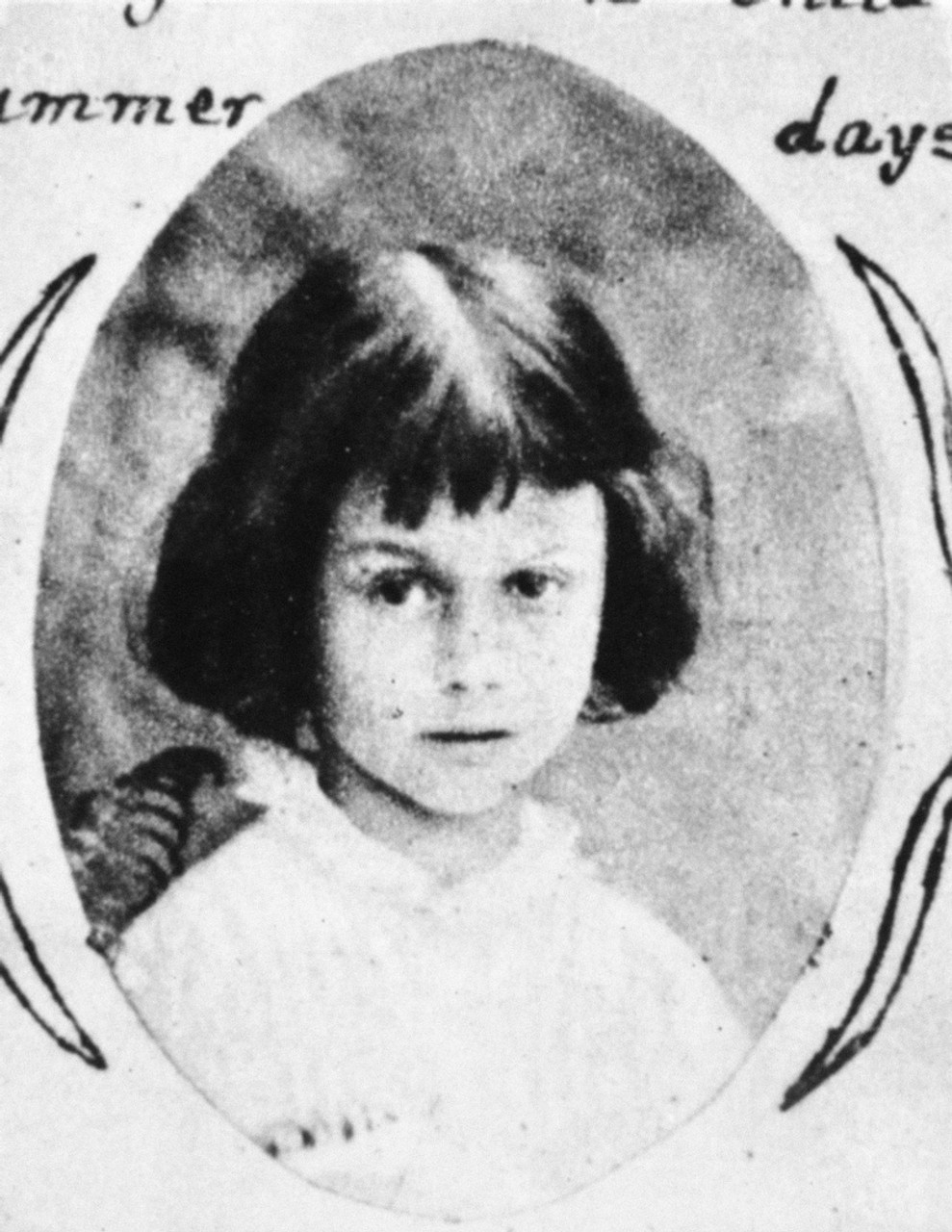
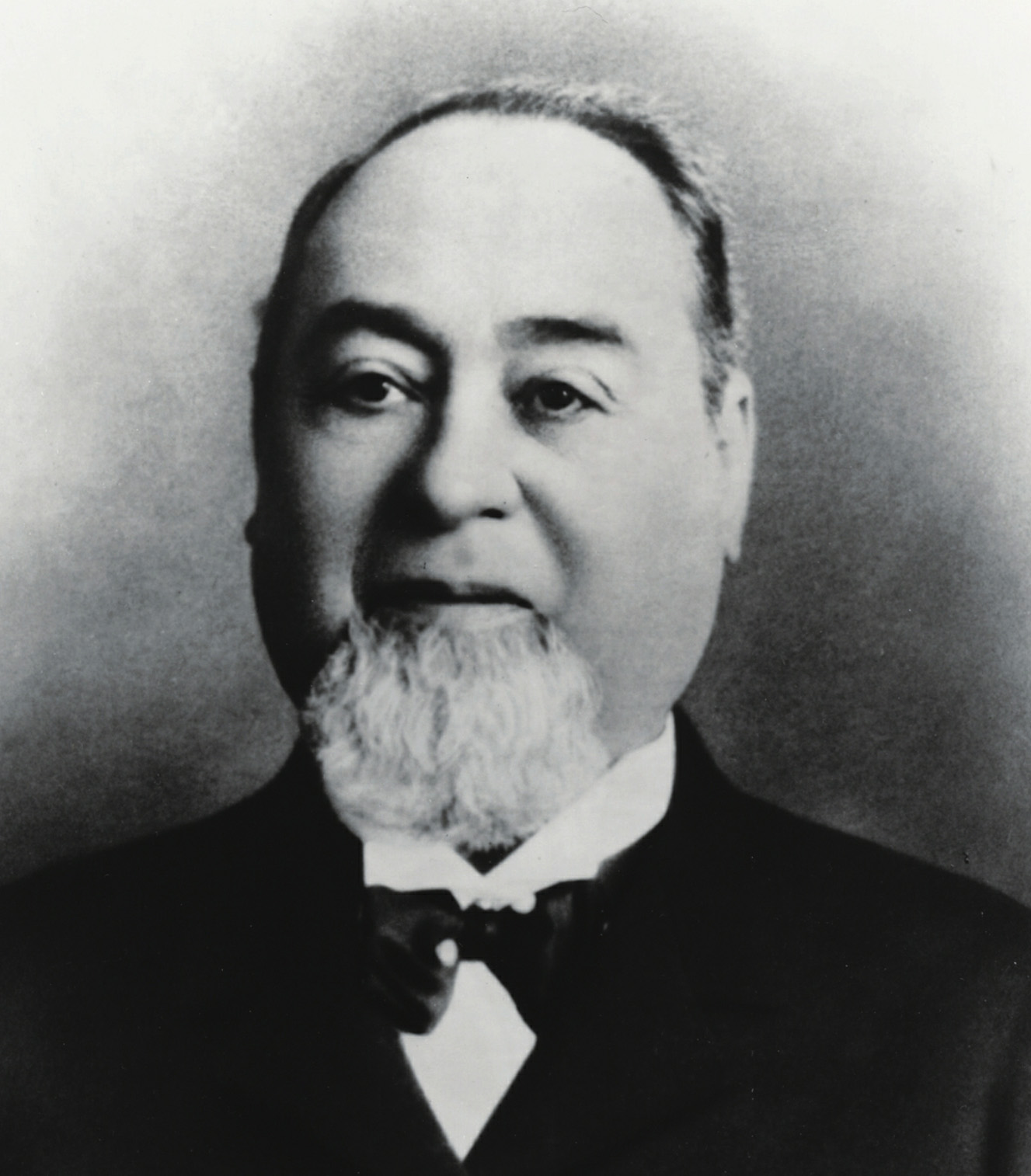

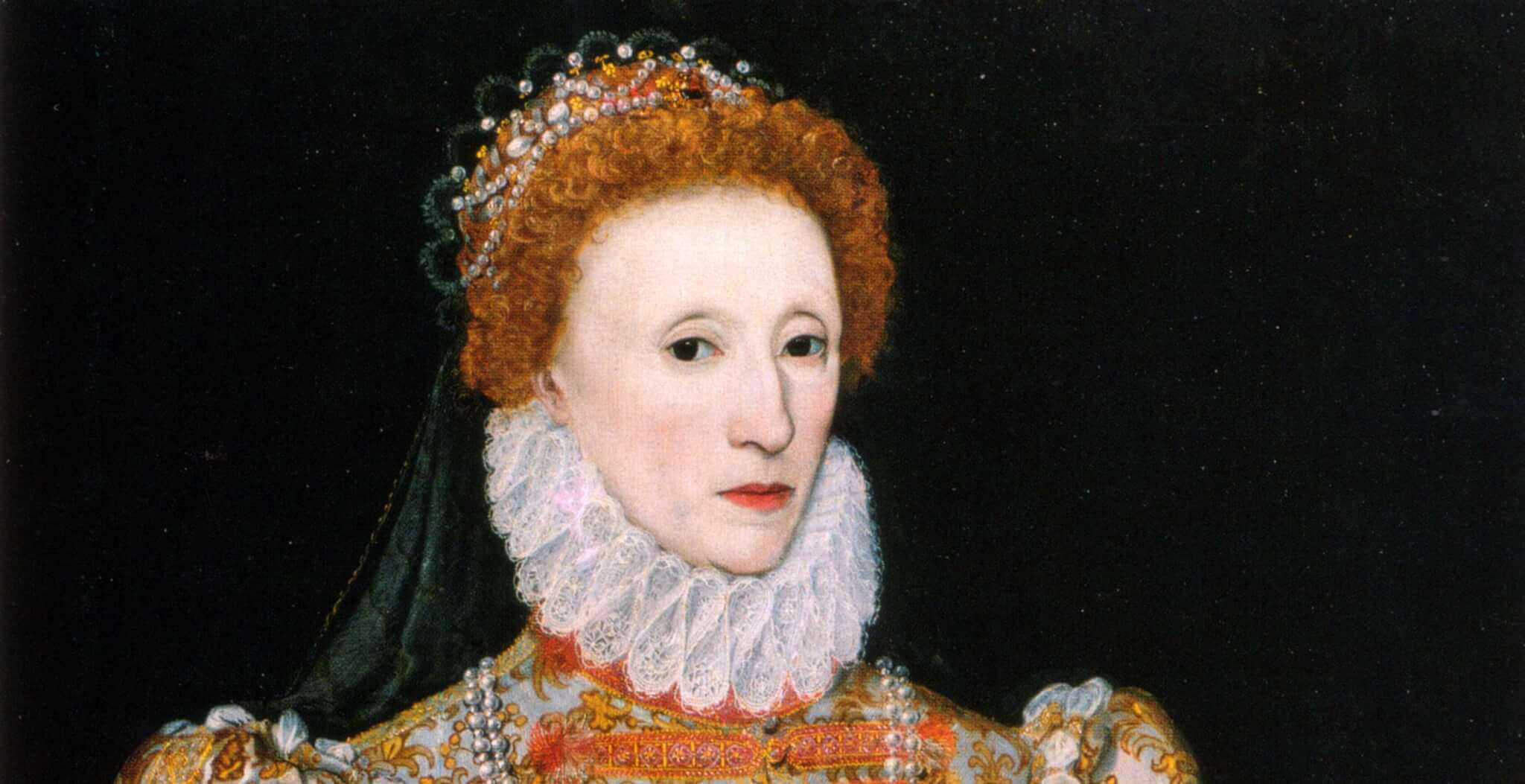
.jpeg)

.jpeg)
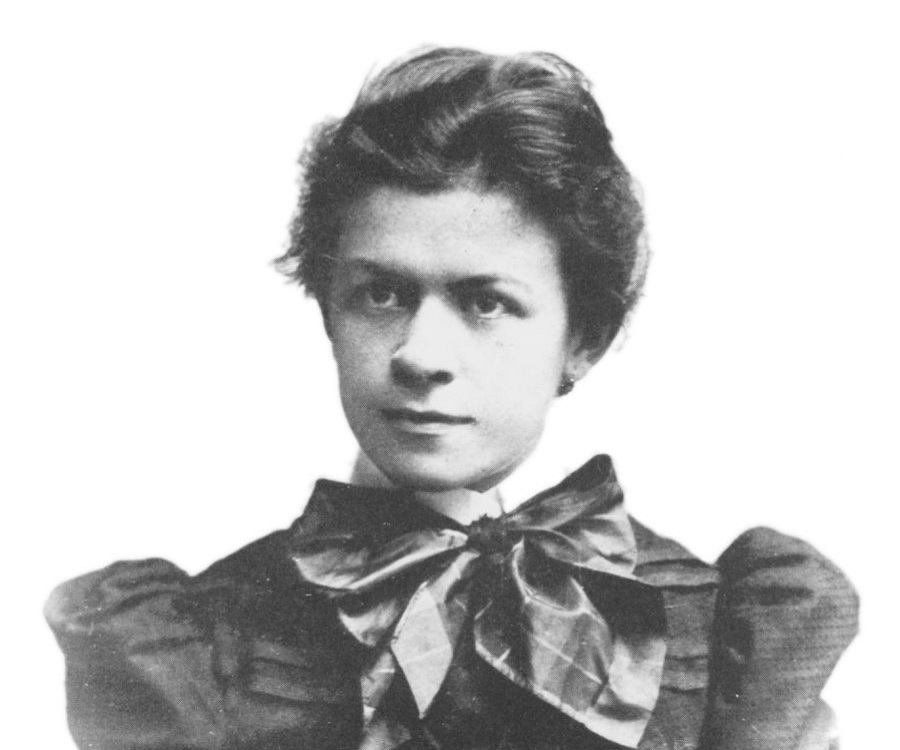
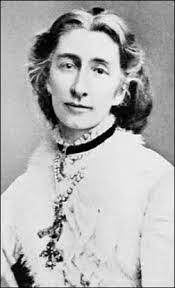


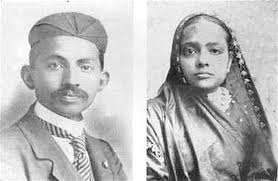

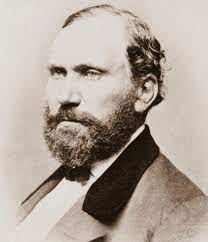
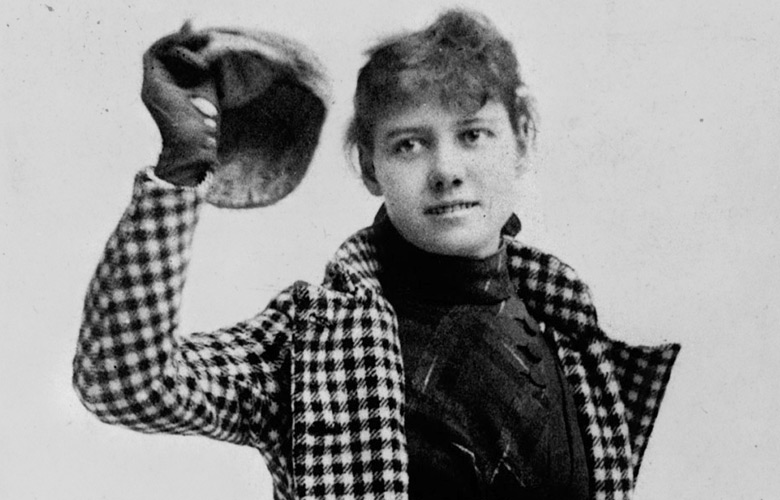
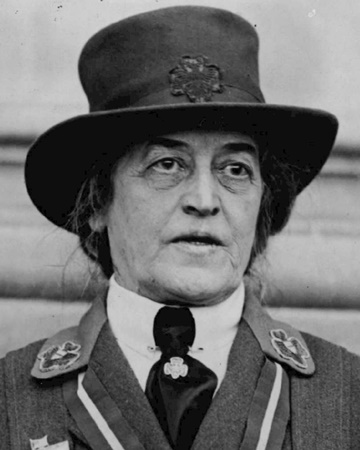

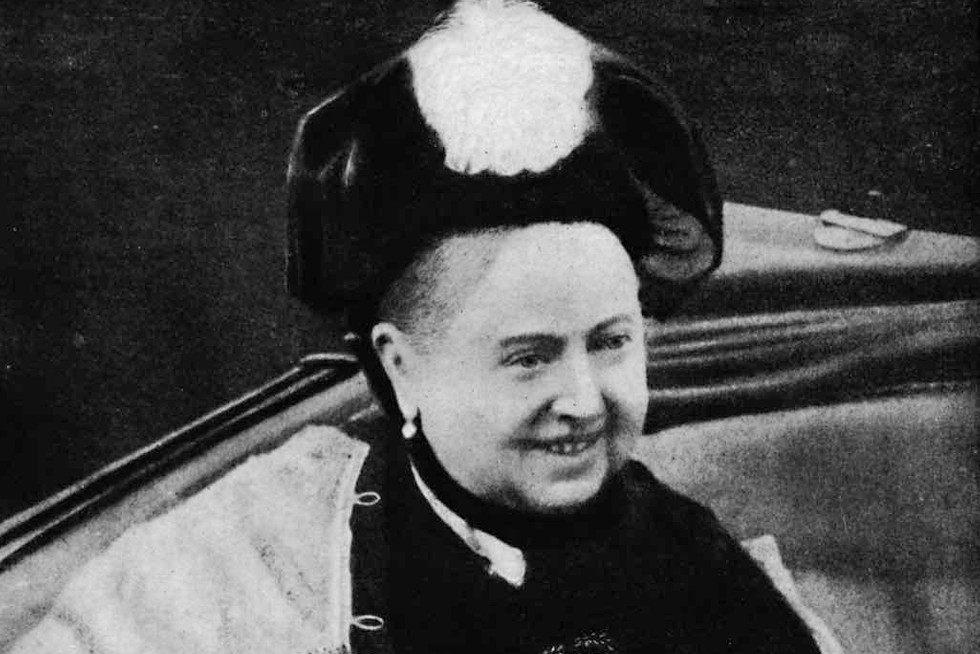


Wonderland (1865)

Feb 27, 2023 by Marlene Wagman-Geller
One of the strangest creatures that Alice encountered in Wonderland was the Caterpillar who inquired who she was. Her response: “I-I hardly know, sir, at present-at least I know who I was when I got up this morning, but I think I must have changed several times since then.” Alice’s nonfictional counterpart was literary muse Alice Liddell.
Forever in Blue Jeans (1873)

Feb 26, 2023 by Marlene Wagman-Geller
The cry, “There’s gold in them thar hills!” served as the clarion call that drew thousands to California. Levi Strauss stumbled on another kind of gold when he put the name Levi’s on the backsides of America.
The Cheek of Time (1652)

Feb 25, 2023 by Marlene Wagman-Geller
When flowers, chocolates, and Hallmark cards do not convey the depth of devotion, inspiration can be drawn from legendary lovers. German musician, Richard Wagner, composed the symphony “Siegfried Idyll” for his wife, Cosima. Russian Tsar Alexander III presented his Tsarina with the original Fabergé egg. Welsh actor Richard Burton gifted Elizabeth Taylor the fifty-carat La Peregrina pearl that had once graced the finger of Mary I of England. However, for romantic flourish, one can turn to the gesture of a Mogul emperor who erected the Taj Mahal in memory of his wife, Taj Mumtaz Mahal.
Beggar Woman (1584)

Feb 24, 2023 by Marlene Wagman-Geller
When people think of the state of Virginia, they might associate it with the legendary Pocahontas, its slogan, “Virginia is for lovers,” or its state motto, “Sic semper tyrannis.”
We Never Sleep (1850)
.jpeg)
Feb 23, 2023 by Marlene Wagman-Geller
Despite Pinkerton’s association with a traditional female color, the detective agency started with mustachioed men. The business derived its name from founder Allan Pinkerton.
The Enchanted Princess: Mrs. Karl Marx

Feb 21, 2023 by Marlene Wagman-Geller
The Argentinean-Cuban revolutionary, Ernesto “Che” Guervara, remarked, “Let me say, at the risk of seeming ridiculous, that the true revolutionary is guided by great feelings of love.” Fellow zealot Karl Marx likewise was the possessor of passion; however, the woman he loved was obscured by the red shadow he cast over the world.
The Only Stone Left Unturned (1905)
.jpeg)
Feb 19, 2023 by Marlene Wagman-Geller
The 1960s was the decade where rebels had any number of causes: The Civil Rights Movement, Women’s Liberation, anti-Vietnam protests. There was also another battle, and though it did not make the seismic waves as others of its era, it likewise proved a noble struggle.
Doxerl and Johonzel

Feb 14, 2023 by Marlene Wagman-Geller
An iconic image of the 20th century depicts Albert Einstein sticking his tongue out in his variation of “Say cheese.” As a man so famous he stopped Fifth Avenue traffic in the same fashion as the Beatles and Marilyn Monroe, (who called him the sexiest man on earth,) he could afford such irreverence. However, the woman at whom he figuratively stuck out his tongue was a little known girl of his youth, the one who labored and loved by his side.
The Flying Dutchman (

Feb 13, 2023 by Marlene Wagman-Geller
Behind a great man-Franz Liszt- was his daughter Cosima, who was also behind another great man, Richard Wagner, as his wife. This triumvirate was united by music and by lives so melodramatic they could have sprung from a Wagnerian opera.
No One Who is Remembered Is Ever Truly Gone

Feb 12, 2023 by Marlene Wagman-Geller
Let’s remember that epitaphs are a way of saying that no one who is remembered is ever truly gone.
Semiramis of the North

Feb 08, 2023 by Marlene Wagman-Geller
Individuals trapped in an unhappy reality, in a bid at reinvention, long for a tabula rasa, “a clean slate.” While many attempt escape from a life where there seems to be no exit, few fared as well as the woman whose metamorphosis made her a world-renowned empress.
BA (1869)

Jan 29, 2023 by Marlene Wagman-Geller
In the 1990s a photograph appeared in a newspaper; in the top corner was a rainbow-striped apple with the slogan ‘Think Different.’ The lone image was of a follicle-challenged, emaciated man wearing a loin-cloth and oversized spectacles. But his small frame belied his huge achievement: A half century beforehand, Gandhi, known as Bapu, (“father”) had freed his nation from the yoke of the Raj. However, obscured by the giant shadow of the diminutive leader was Ba, mother of India.
Second Best (1930)

Jan 28, 2023 by Marlene Wagman-Geller
The system of primogeniture, a royal rule that dictates power is transmitted from firstborn to the next firstborn, leaves younger siblings hanging. Monarchy is a one-person job, and thus the heir wields the scepter while “the spare” is left with less of a spot in the limelight. Birth order is what drove Scar to turn on Simba, what shaped the life of a woman from the House of Windsor.
We Never Sleep (1850)

Jan 25, 2023 by Marlene Wagman-Geller
Despite Pinkerton’s association with a traditional female color, the detective agency started with mustachioed men. The business derived its name from founder Allan Pinkerton.
Girdled the Globe (1864)

Jan 25, 2023 by Marlene Wagman-Geller
Some women can fit into one of the following categories: world traveler, fourteen siblings, married a millionaire, spent time in a madhouse, owned a pet monkey. However, in all likelihood, only the nineteenth century version of Brenda Starr dipped her toes in all of these waters.
Now Abideth Faith, Hope and Love (1912)

Jan 24, 2023 by Marlene Wagman-Geller
When a Southern woman was none too happy with the way her life’s cookie had crumbled, rather than throwing a pity party, she adapted a British institution and made it into an iconic American one. She helped level the gender playing field and allowed girls- rather than wear their hearts on their sleeves- to instead display their merits.
That Special Place (1997)

Jan 23, 2023 by Marlene Wagman-Geller
President John Adams outlined the requisite qualities for a Secretary of State, “He ought to be a Man of universal Reading in Laws, Governments, History.” Madeleine Albright fulfilled these requirements-except for the words “he ought to be a man” as America’s first female Secretary of State.
We Two (1819)

Jan 21, 2023 by Marlene Wagman-Geller
A British woman, watching Sarah Bernhardt’s performance in Antony and Cleopatra, stated, “How different, how very different, from the home life of our own dear Queen.” The comment attested to the high approval rating of Queen Victoria and to the belief she led a life of propriety. In truth, her biography makes contemporary soap opera stars seem staid.
Resistance to Tyranny (2016)

Jan 20, 2023 by Marlene Wagman-Geller
Edmund Burke wrote, “The only thing necessary for the triumph of evil is for good men to do nothing.” A woman in Hawaii was unwilling to be one of the proverbial monkeys- hearing, seeing, and speaking no evil was not enough. Her effort set off an earthquake that reverberated worldwide.
To Infinity (1995)

Jan 20, 2023 by Marlene Wagman-Geller
Chapter 120: To Infinity (1995)
Only one person in history can lay claim to an association with the moon landing and a hit movie. The man behind this duo distinction: Colonel Edwin Eugene (Buzz) Aldrin Jr.

